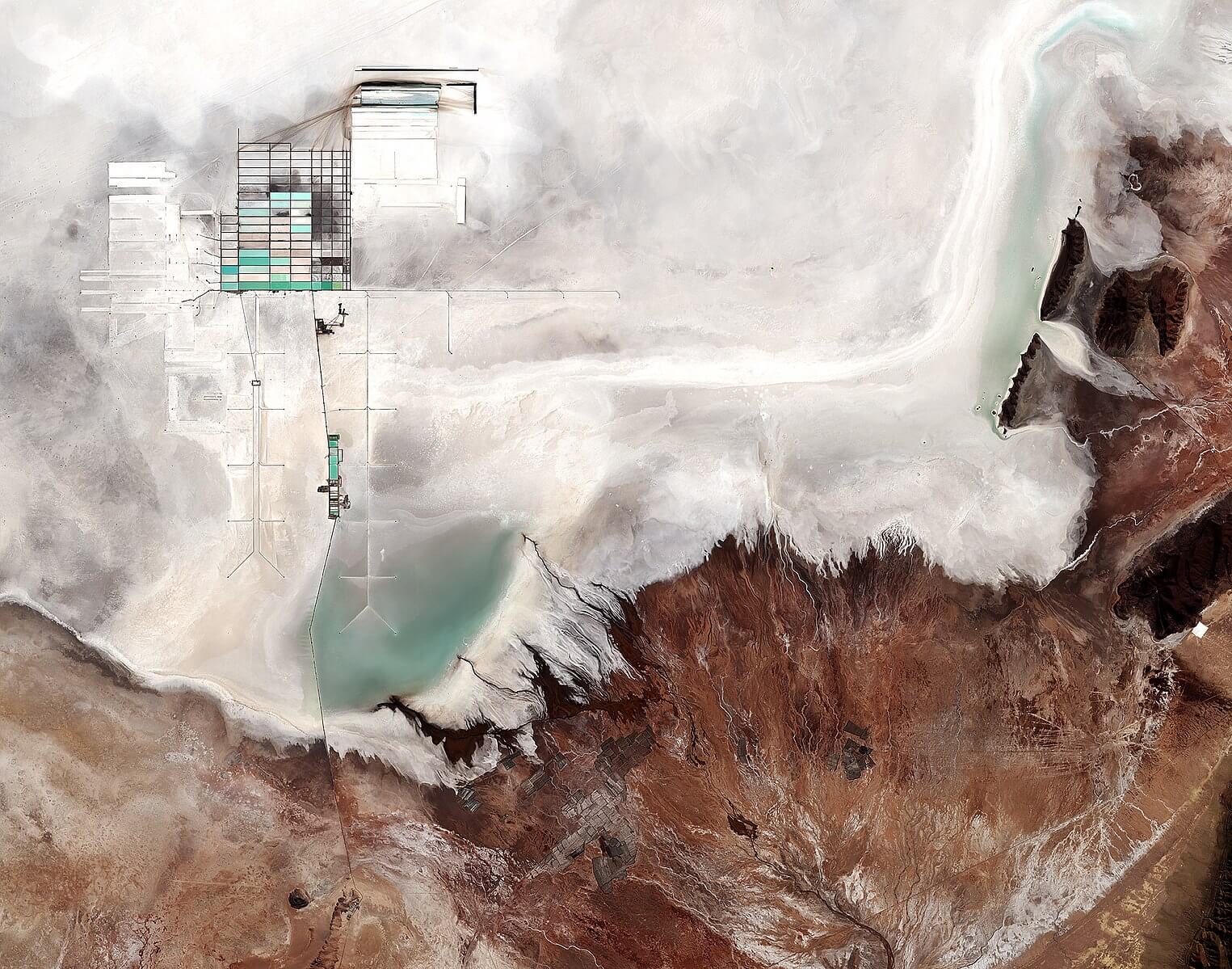Photo: Wikimedia Commons
Bolivia’s state-owned lithium company Yacimientos de Litio Bolivianos (YLB) has signed an agreement with the Chinese consortium CBC for the construction of a new pilot plant for the extraction of lithium, a key resource in the transition to renewable energy. The new pilot plant will be built in the Uyuni salt flats, in the department of Potosí, and will have an initial production capacity of 2,500 tons per year of lithium carbonate. The pilot plant will require an investment of US$90 million and will have direct lithium extraction technology.
The pilot plant is also set to have a second production phase with a capacity of up to 25,000 tons of lithium carbonate per year. The agreement is valid for two years, during which CBC will install the pilot plant and plan the construction of an industrial plant in the Uyuni salt flats, near the YLB Industrial Complex.
The president of Bolivia, Luis Arce, highlighted the importance of this agreement as the second agreement signed with foreign companies that are betting on Bolivian lithium to advance its industrialization process. The signing of the agreement took place at an event held at the Casa Grande del Pueblo, the Bolivian presidential residence.
President Arce stressed the importance of remaining cautious throughout the process, recognizing the urgency of taking advantage of the lithium era. Bolivia, which has been historically dependent on natural gas exports, is now seeking to diversify its economic base and consolidate lithium industrialization as a central pillar of its government policy.
The new plant is an addition to another pilot project that is due to be built by the Russian company Uranium One Group, with a production capacity of 14,000 tons of lithium carbonate per year. The search for self-sufficiency in the production and transformation of lithium places Bolivia in a strategic role in the global market for the sought-after mineral, an essential component for batteries and energy storage technologies.
This step towards the industrialization of lithium is crucial for Bolivia, since the country has decided to promote this resource as an economic engine, especially given the decline in natural gas exports. President Arce emphasized that many foreign companies are willing to invest in Bolivia with cutting-edge technology to advance not only in lithium production, but also in its industrialization.
Main source:
Other related sources:

